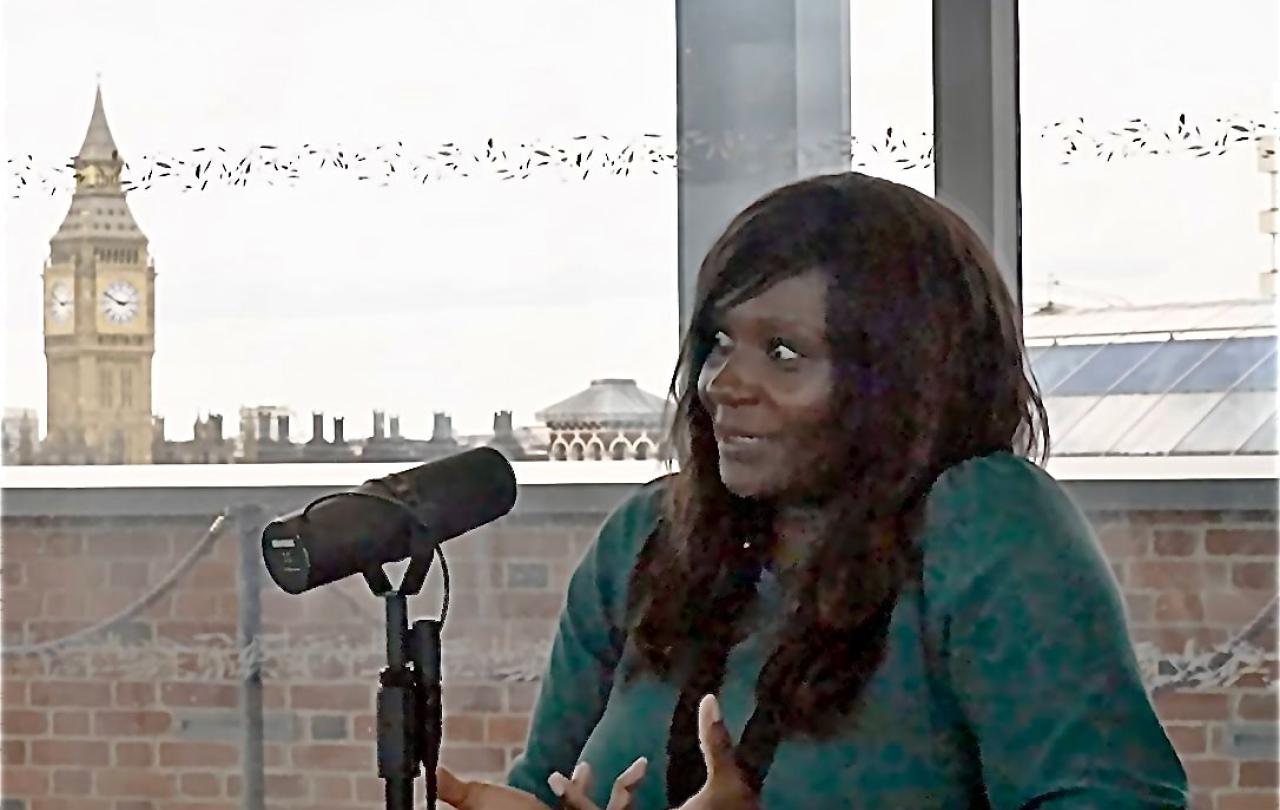James IV and I devoted his twenties to trying to rid his kingdom of witchcraft. And 400 years after his death, witches continue to cast a long shadow over his reign. While James’ beliefs on evil developed and refined over his 58-year reign, his reputation as solely a torture and femicide perpetrator remains stubbornly hard to shift. For many, identification with the abused, marginalised- yet- magical trumps all other historical considerations.
In the exhibition World of James VI and I, the National Gallery of Scotland presents a more rounded picture of the cradle king, who gained the throne of Scotland at 13 months old and became the first joint monarch of Scotland and England in 1603, on the death of Elizabeth I. The beginning of James’ reign in England saw the first productions of Shakespeare’s Macbeth, King Lear and The Tempest. Inigo Jones’ appointment as Surveyor of the King’s Work introduced the classical architecture of Rome to the country, designing The Queen’s House in Greenwich and the Banqueting House at Whitehall.
The painted ceiling of the Banqueting House by Peter Paul Rubens provides insight into James’ preoccupations. Commissioned by James in 1621, the tennis court sized series was installed in 1636 becoming a memorial to the late King. In The Apotheosis of James I, the King is depicted ascending into heaven on a giant eagle belonging to Jupiter, ruler of the Roman gods. The winged figure of Victory, together with a figure representing Great Britain hold a laurel wreath above the King’s head, in exchange for his earthly crown. Parallels between the King and divine power are explicit, underlined by the figure of Religion holding the freshly translated Bible showing the first words of St John’s gospel ‘In the beginning’ (was the Word). In a side panel to The Union of the Crowns, where the King is presented in a Biblical setting, Minerva, goddess of wisdom is stamping on Ignorance, represented by an old woman, naked and floored.
Rubens’ identification of an old woman as low status and powerless did not come out of thin air. In the social hierarchy of seventeenth century northern Europe, most ordinary people had few rights and women had next to none, entitled only to the legal protection of their husband’s rank. But lack of rights did not prevent women from influencing their communities’ moral tone. The victims of the infamous East Berwick witch trials in 1590-92 and Pendle witch trials in 1612, first came to the attention of authority through accusations and feuds within their own communities.
Daemonologie, published in Edinburgh in 1597, was written following James perceived experiences of witchcraft when storms imperilled his voyage from Denmark to Scotland, returning with his new 15-year-old bride Anne. It is believed the King was involved in interrogations of witchcraft suspects in East Berwick, authorising their torture and execution. One suspect’s ability to recount a conversation from the royal bridal chamber, convinced James the accused were the tools of diabolical powers intent on killing the royal couple. Beliefs around women’s inherent weakness, positioned them as easier prey for malevolent forces:
‘sexe is frailer than man is, so is easier to be intrapped in these grosse snares of the Devill’
In later life James became more sceptical about claims of witchcraft and demonic possession, and searched for evidence to discount what was only the work of fantasy and attention-seeking.
But the King’s family history and tumultuous times he lived through, made the road to discernment a long and winding one. James last saw his mother, Mary Queen of Scots as an 11-month-old infant. His father Lord Darnley was killed in a mysterious explosion, possibly arranged by his own wife. Mary was imprisoned in England by Elizabeth I and executed in 1587 at Fotheringhay Castle in Northamptonshire. In the lead up to his marriage James lamented that as a child he was ‘alone, without father, mother, brother or sister.’
The normalcy of removing troublesome relatives is illustrated by a 1605 portrait of Lady Arabella Stuart, attributed to Robert Peake the Elder. The King’s cousin died in the Tower in 1615, where James had her imprisoned, in case her marriage to William Seymour gave her too strong a claim on the throne.






